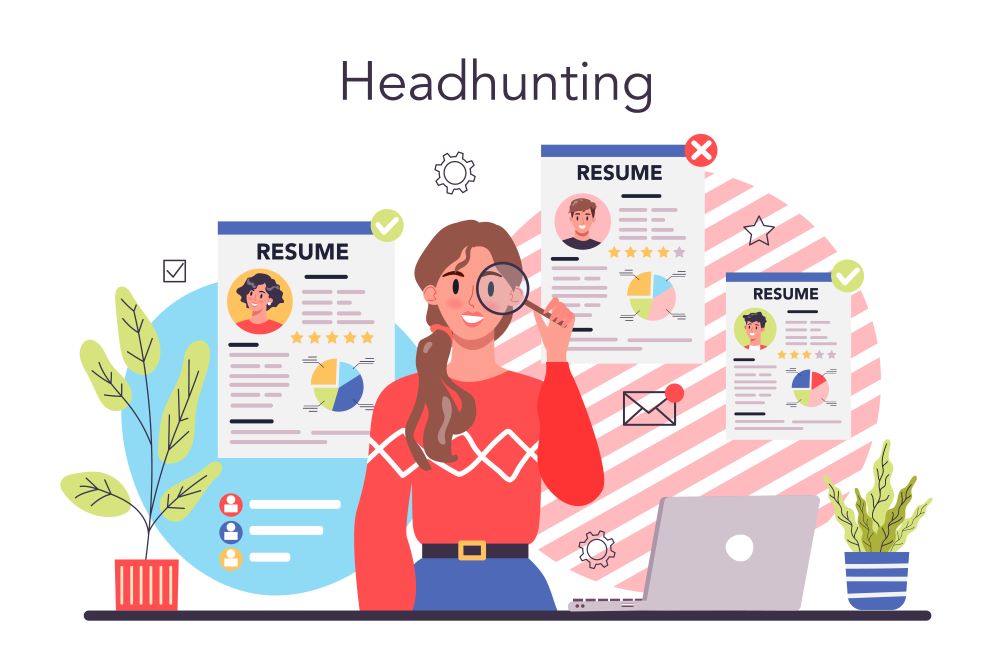Human resources administration is a vital function that supports the success of any organization. Human Resources (HR) administrators are responsible for managing various aspects of employee relations, such as recruitment, training, performance management, compensation and benefits, health and safety, diversity and inclusion, and legal compliance. They also play a key role in shaping the organizational culture and employee experience.
As the world of work evolves rapidly due to digital transformations, economic uncertainty, social changes and environmental challenges, HR administrators need to keep up with the latest trends and best practices in their field. Here are some of the major trends that will impact HR administration in Ontario and beyond in 2023.
Leader and Manager Effectiveness

According to a survey by Gartner, leader and manager effectiveness is the top priority for HR leaders in 2023. The survey found that 24% of HR leaders say their leadership development approach does not prepare leaders for the future of work. Today’s work environment requires leaders to be more authentic, empathetic and adaptive. These three imperatives represent a new call for leadership: “human” leadership.
HR administrators can support human leadership by recognizing the emotional barriers that hold leaders back from being committed, courageous and confident. They can also provide coaching, feedback, mentoring, and learning opportunities for leaders to develop their skills and competencies.
Organizational Design and Change Management
Another top priority for HR leaders in 2023 is organizational design and change management. The survey found that 45% of HR leaders say their employees are fatigued from all the change. As organizations undergo multiple changes due to digital transformations, mergers and acquisitions, restructuring or innovation initiatives, HR administrators need to help employees cope with the uncertainty and disruption.
HR administrators can facilitate effective change management by communicating clearly about the vision, goals and benefits of change; involving employees in co-creating solutions; providing training and support for new processes or systems; recognizing achievements; celebrating successes; soliciting feedback; monitoring progress; addressing resistance; ensuring alignment; fostering collaboration; building trust; and promoting well-being.
Employee Experience

Employee experience refers to how employees perceive their interactions with their employer throughout their entire employee lifecycle. It encompasses various dimensions such as physical environment, work-life balance, culture, values, purpose, engagement, recognition, development, and career growth. HR administrators can enhance employee experience by designing employee-centric policies and programs that meet the diverse needs and preferences of different generations and segments of workers; by creating a positive work environment that fosters belonging and inclusion; by providing meaningful work opportunities that align with employees’ strengths and passions; by empowering employees with autonomy and flexibility; by soliciting feedback regularly and acting on it; by recognizing contributions and rewarding performance; by supporting learning and development; and by facilitating career progression.
Use of Artificial Intelligence (AI) and Automation

Another growing trend is the use of automation and artificial intelligence (AI) in the human resources (HR) sector. The screening of resumes, employee engagement, and even performance reviews may all be streamlined with the use of AI-powered HR technology. But, HR professionals need also be wary of the bias and discrimination that AI might introduce. Companies may use AI in recruiting to up their talent acquisition capabilities. Recruiting has become more challenging due to talent shortages, skills gaps, competition, remote work arrangements, diversity goals, candidate expectations, etc.
HR administrators can improve recruiting outcomes by leveraging data analytics and AI to identify talent needs and sources; to screen resumes and assess candidates; to automate tasks and workflows; to personalize communications and interactions; and to enhance employer branding and candidate experience. They can also use social media platforms, online job boards, referral networks, and talent pools to attract passive candidates.
They can also partner with educational institutions, professional associations, and community organizations to build talent pipelines. They can also adopt flexible hiring practices such as gig work arrangements, internal mobility, re-skilling, and up-skilling, to fill talent gaps.
Prioritizing Inclusion, Equity, and Diversity (DEI)
An increased focus on diversity, equity, and inclusion (DEI) in the workplace has been one of the most important trends in HR management in recent years. Businesses are seeing the benefits of having a diverse and inclusive staff, which go beyond just being the right thing to do. The government of Ontario has passed new legislation requiring businesses to report on their DEI projects, and HR professionals must be proficient in carrying out and evaluating these initiatives.
Job prospects for HR Administrators in 2023

The job prospects for HR administrators in Ontario are good, according to Job Bank Canada. HR administrators are part of the broader occupational group of administrative assistants, which is expected to have a high demand for workers over the next three years. HR administrators can work in various sectors, such as public administration, professional services, finance and insurance, and management and administrative services.
Some of the skills that are required or preferred for this occupation include knowledge of human resources policies and procedures, proficiency in human resources software systems, and a professional designation such as Certified Human Resources Professional (CHRP), besides a diploma or a degree.
In terms of specific job roles, some of the most in-demand positions in HR in Ontario include:
- HR Manager
- HR Administrator
- HR Assistant
- Talent Acquisition Specialist
- Compensation and Benefits Analyst
- HR Information Systems Analyst
Conclusion
In conclusion, the field of human resources administration in Ontario is constantly evolving, with new trends and developments emerging all the time. HR professionals must be able to adapt to these changes and stay up-to-date with the latest best practices and technologies in order to succeed in their roles. Despite the challenges posed by the pandemic, the job prospects for HR professionals in Ontario remain strong, with growth expected in a variety of different roles.
Contact us to know more about our Diploma in Human Resources Administration.
Read more industry-related blogs here.
About The Author

Private Career College
ABM College is a leader in career-focused education, committed to empowering students with industry-relevant skills. With expert instructors and practical training, ABM College delivers high-quality programs in health, business, technology, and more, ensuring graduates are prepared to meet workforce demands. Known for its supportive learning environment and a focus on real-world application, ABM College is a trusted educational partner helping students achieve professional success across Canada.
